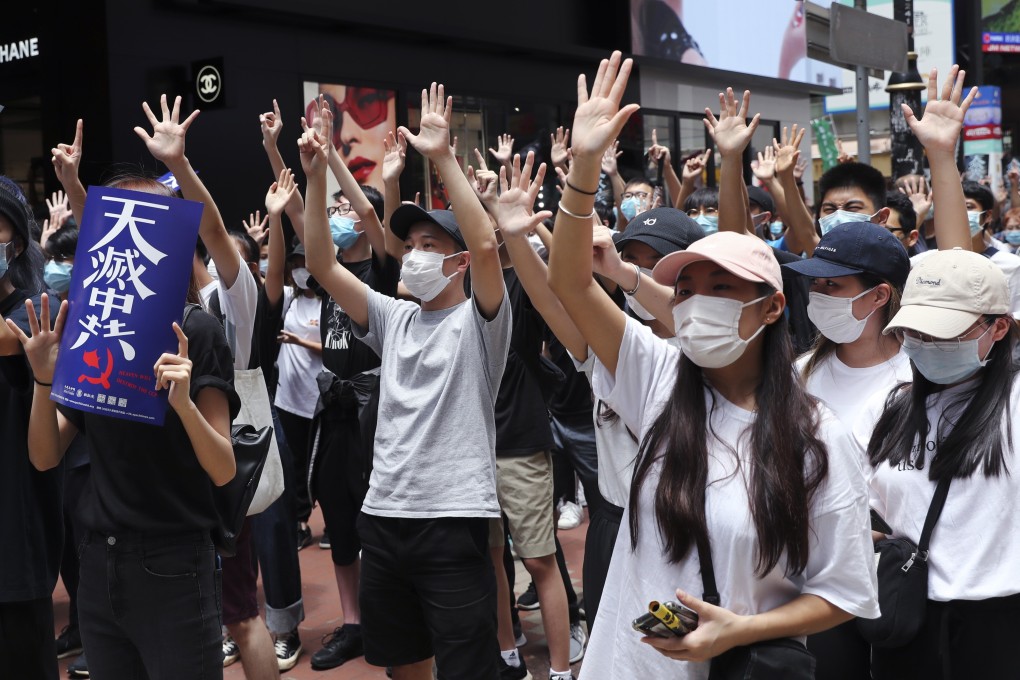Advertisement
EU leader promises to put pressure on China over Hong Kong security law
- Council President Charles Michel insists bloc is ‘not naive’ about Beijing’s behaviour and wants to protect city’s autonomy
- Plans for national security law in Hong Kong have triggered international outcry over concerns it will undermine its rights and freedoms
Reading Time:2 minutes
Why you can trust SCMP

One of the European Union’s most senior leaders has promised to put more pressure on the Chinese authorities over their plans for a Hong Kong national security law, saying the bloc is “not naive” about China’s behaviour around the world.
“Of course we attach great importance to the preservation of Hong Kong’s high degree of autonomy,” Charles Michel, president of the European Council, which consists of the heads of government of all 27 EU nations, said on Tuesday.
“We are in permanent dialogue with the Chinese authorities in order to express our opinions and to defend our interests. You know we also support the important principle, ‘one country two systems’.”
Advertisement
This marks the highest-level statement from the European Union since the National People’s Congress, China’s legislature, last week said it planned to impose a national security law in Hong Kong.
Critics say it will undermine the city’s rights and freedoms and the proposal has caused an international outcry, with US President Donald Trump vowing “serious” action should the law be implemented.
Advertisement
Advertisement
Select Voice
Choose your listening speed
Get through articles 2x faster
1.25x
250 WPM
Slow
Average
Fast
1.25x